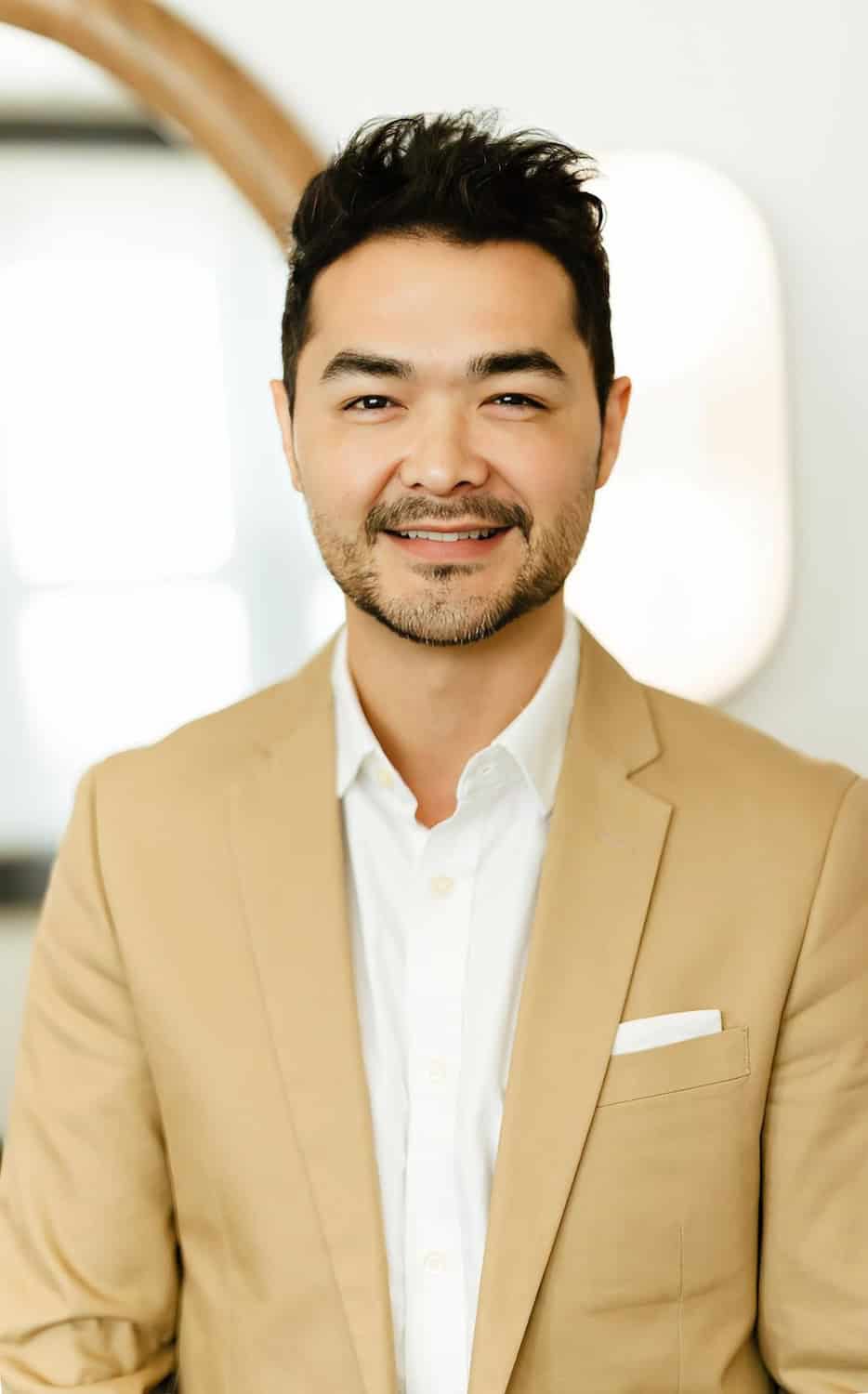Chicago plastic surgeon Dr. David Hill is no stranger to innovation. As the head of Fulcrum Aesthetics in the city’s Lakeview neighborhood, he’s seen how technology can revolutionize the field of aesthetic medicine. One of the hottest trends right now is AI-enhanced body-altering apps for mobile devices, but are they worth the hype? Dr. Hill believes they are, but with a few caveats to keep in mind.
Plastic surgery has always been a field that embraces new ideas and cutting-edge technology. From the introduction of minimally invasive techniques to the use of advanced imaging modalities, plastic surgery often leads the way in medical innovation. AI is now playing a significant role in this advancement. Artificial intelligence already helps radiologists evaluate mammograms to distinguish between benign and malignant tissues, and aids surgeons with motion-sensor technology to advise instrument movements during complex cases.
But AI’s reach extends beyond the operating room. Some practices use AI chatbots for customer service, providing quick and efficient responses to patient inquiries. Others use AI for predicting the next big marketing move. However, AI’s influence is now reaching consumers directly, through apps that offer body-altering edits. These apps allow users to manipulate photos of themselves to see potential post-surgery results. Dr. Hill appreciates the convenience and futuristic appeal of these apps but warns users to manage their expectations.
“Digital simulation can be fantastic when used in the office visit for giving patients a sneak peek at potential outcomes, especially for procedures like rhinoplasty and breast augmentation,” Dr. Hill explains. “But problems can arise when patients use less mobile apps instead of realistic medical apps, or come in with unrealistic digital versions of themselves or goal photos that are not even real but are artificially generated images. These situations require careful navigation and a thorough discussion about what’s realistically achievable.”
Dr. Hill emphasizes the importance of having respectful but honest conversations with patients about the limitations of these simulations. “It’s crucial that patients understand that while AI can provide a vision of potential results, these outcomes might not be surgically achievable,” he says. “Even the most skilled surgeons have limitations, and it’s vital to balance technology with realistic expectations.”
At Fulcrum Aesthetics, Dr. Hill and his team work closely with patients at every step of their procedures. This includes educating patients on the capabilities and limitations of AI rendering apps. “We make sure our patients are well-informed and have realistic goals,” Dr. Hill notes. Patients need to research and find apps based on credible information from reputable plastic surgery professionals, using up-to-date scientific knowledge and adhering to ethical standards.”
Dr. Hill often spends considerable time educating his patients about the possibilities and limitations of AI technology. “While technology aids visualization, it’s ultimately the surgeon’s skill and experience that determine the results,” he says. This approach helps maintain trust and manage patient expectations effectively.
The dedication to excellence at Fulcrum Aesthetics is evident in Dr. Hill’s extensive training. Instead of taking the shorter six-year path to become a plastic surgeon, he chose a rigorous ten-year training route, including general surgery, research, and plastic surgery. “I wanted to do general surgery first because I felt it gave a more complete foundation to build upon,” he explains. This thorough approach ensures he provides the highest quality care.
Dr. Hill’s wife and partner, Brittony Croasdell, a Nurse Practitioner with a background in emergency medicine and aesthetic nursing, complements his expertise. Together, they lead a team that offers a comprehensive range of services, from microneedling and brow waxing to full-scale plastic surgeries. “Having all these services under one roof sets us apart and ensures the best care for our patients,” Dr. Hill says.
In the rapidly evolving field of aesthetic medicine, Dr. Hill’s commitment to continuous learning and patient education is unwavering. He suggests patients approach AI rendering apps with a critical eye and always consult with experienced professionals. “Do your homework, choose credible apps, and trust the expertise of your surgeon,” he advises.
Presented by APG

